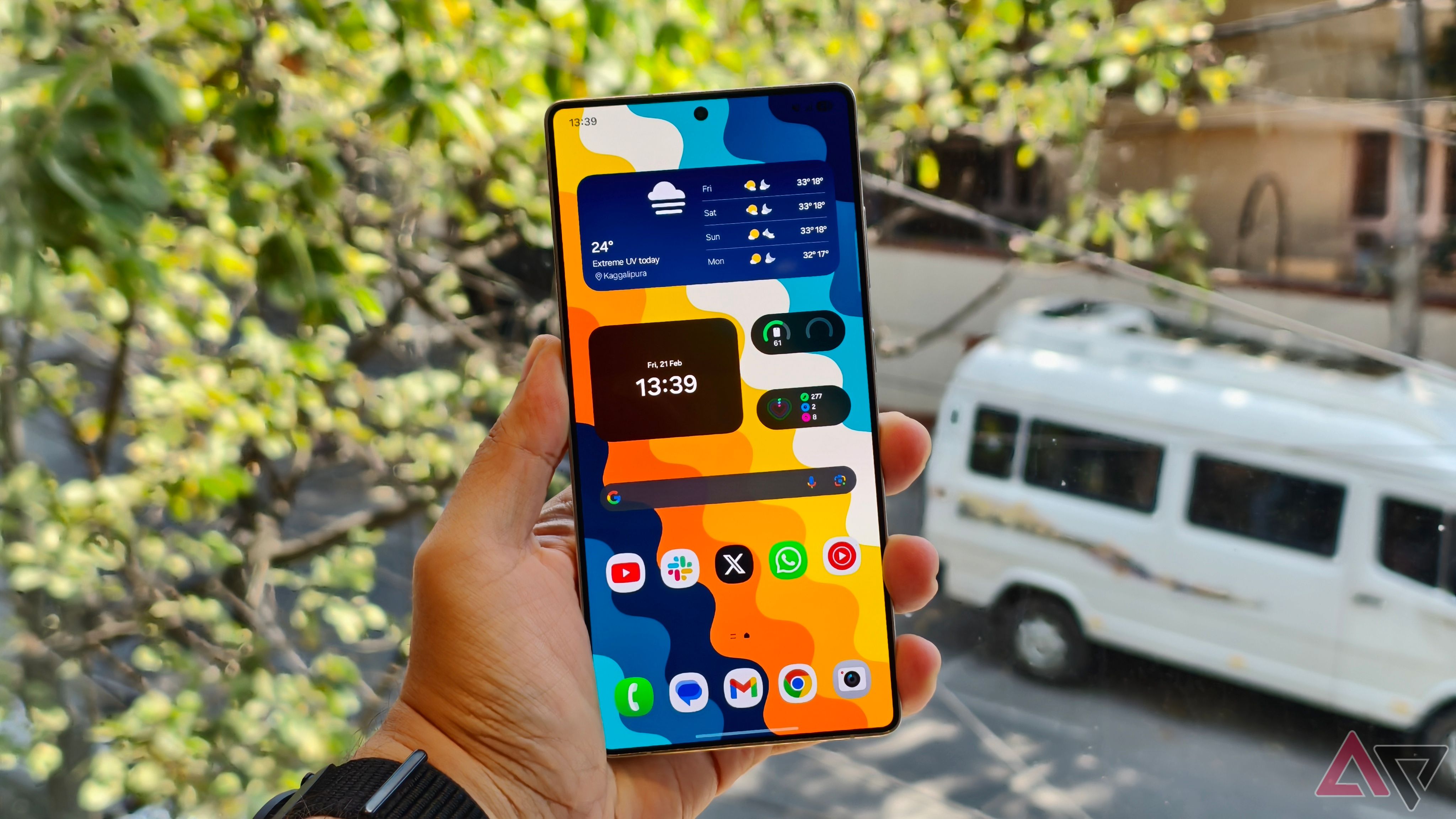Summary
- It appears that Google is prioritizing security enhancements with Android 16, including an “inactivity reboot” feature, which could frustrate phone thieves.
- Strings of code found in an APK teardown suggest that the new feature will force a restart after three days of inactivity, preventing thieves from using biometric login.
- Android 16’s inactivity reboot setting is thought to be part of the Advanced Protection Program.
Software updates are fun, but only if they have something likable to most users. This is one area where Google has drawn much criticism in the past few years, as many people complain that Android updates have become forgettable. While people have various opinions about what Google needs to do to rejuvenate Android, Google seems to be highly focused on bolstering security with its Android 16 update, just enough to frustrate thieves.
According to an APK teardown of the Google Play Services app (version 25.11.34) by Android Authority, Google is working on an “inactivity reboot” feature for the Android 16 update. The APK teardown reveals that it’s part of the changes Google has plans to introduce in Android 16’s Advanced Protection Program.
Android 16’s inactivity reboot is a major setback for thieves
The inactivity reboot feature isn’t something unheard of, though. Apple quietly rolled out the feature to iPhone users with the iOS 18 update, released last year. There is no detailed study on how much the inactivity feature impacts thieves, but it surely makes a stolen phone a lot harder to crack.
Like Apple’s version, the feature Google was spotted working on probably won’t do anything fancy. As a code snippet found in the teardown suggests, it would simply reboot your phone if it remains inactive for three days:
Restarts device if it remains locked for 3 days
So, if someone steals your phone, they would only have up to three days to bypass face or fingerprint locking. After that, biometrics won’t work anymore, as Android requires a PIN or passcode to unlock the phone following a reboot. That said, this isn’t one of those instances where Google is purely copying Apple, as privacy-focused Android ROM GrapheneOS has long had this auto-reboot feature (and it still does).
There’s also no guarantee that Google’s inactivity reboot will behave the same way as the one in iOS 18 and GrapheneOS when Android 16 releases. Since this is a work-in-progress, we might see some changes to the behavior of the feature. For example, the inactivity reboot might trigger an auto-reboot within two days of being unlocked, or might even get a shorter time window than that.
Android 16’s Advanced Protection Program might be the real game-changer
In addition to the inactivity reboot feature, Google is working on several key changes to its Advanced Protection Program in Android 16, including new settings and a new API. These modifications will introduce enrolling Android phones into the Advanced Protection Program from Settings and allow apps to check if the phone is subscribed to that program and behave accordingly.
As exciting as they sound, these changes aren’t live in the Android 16 beta releases. However, given that the Android 16 Stable update will likely come out in the second quarter of this year, we should see them in action sooner rather than later.




